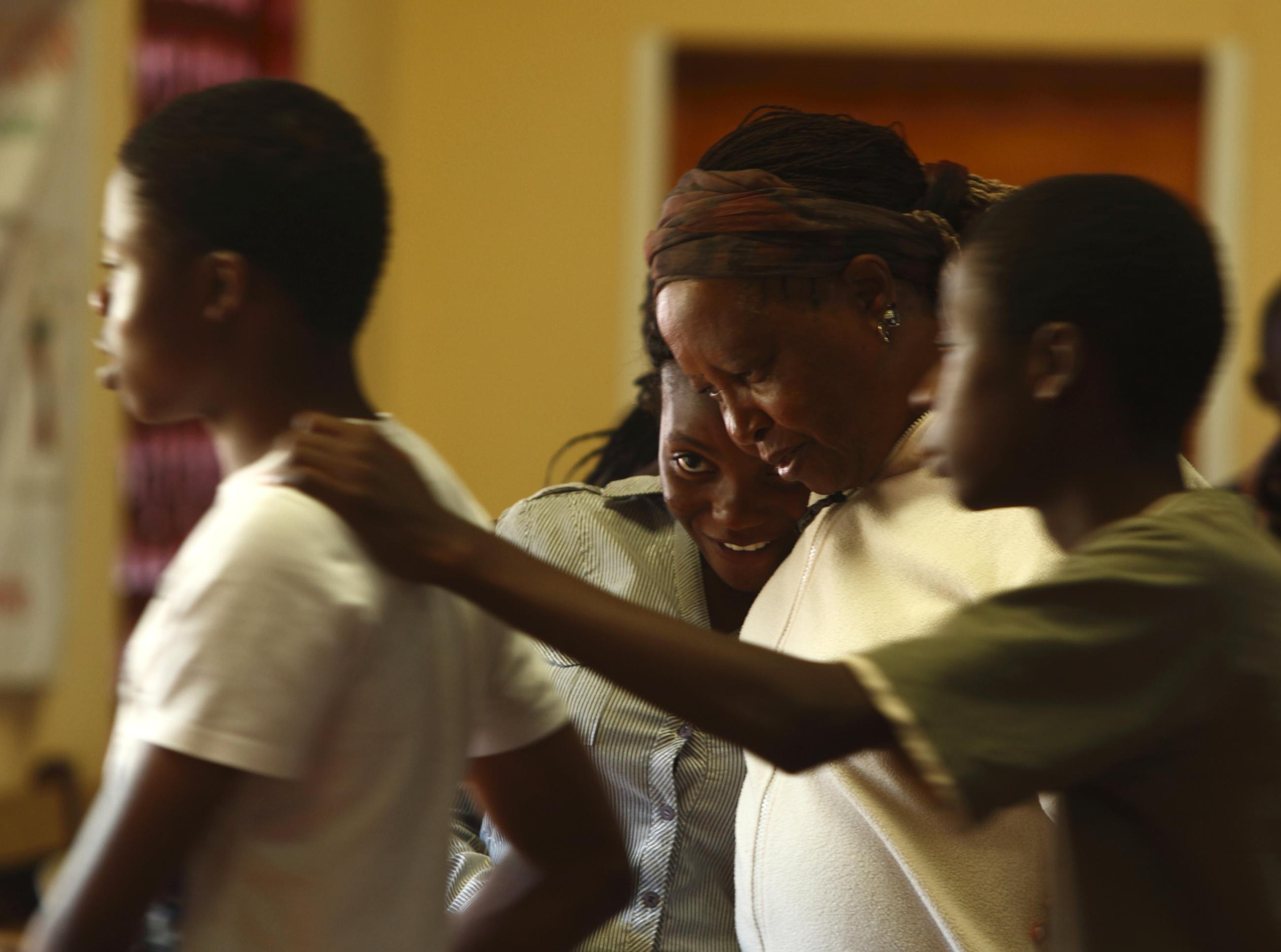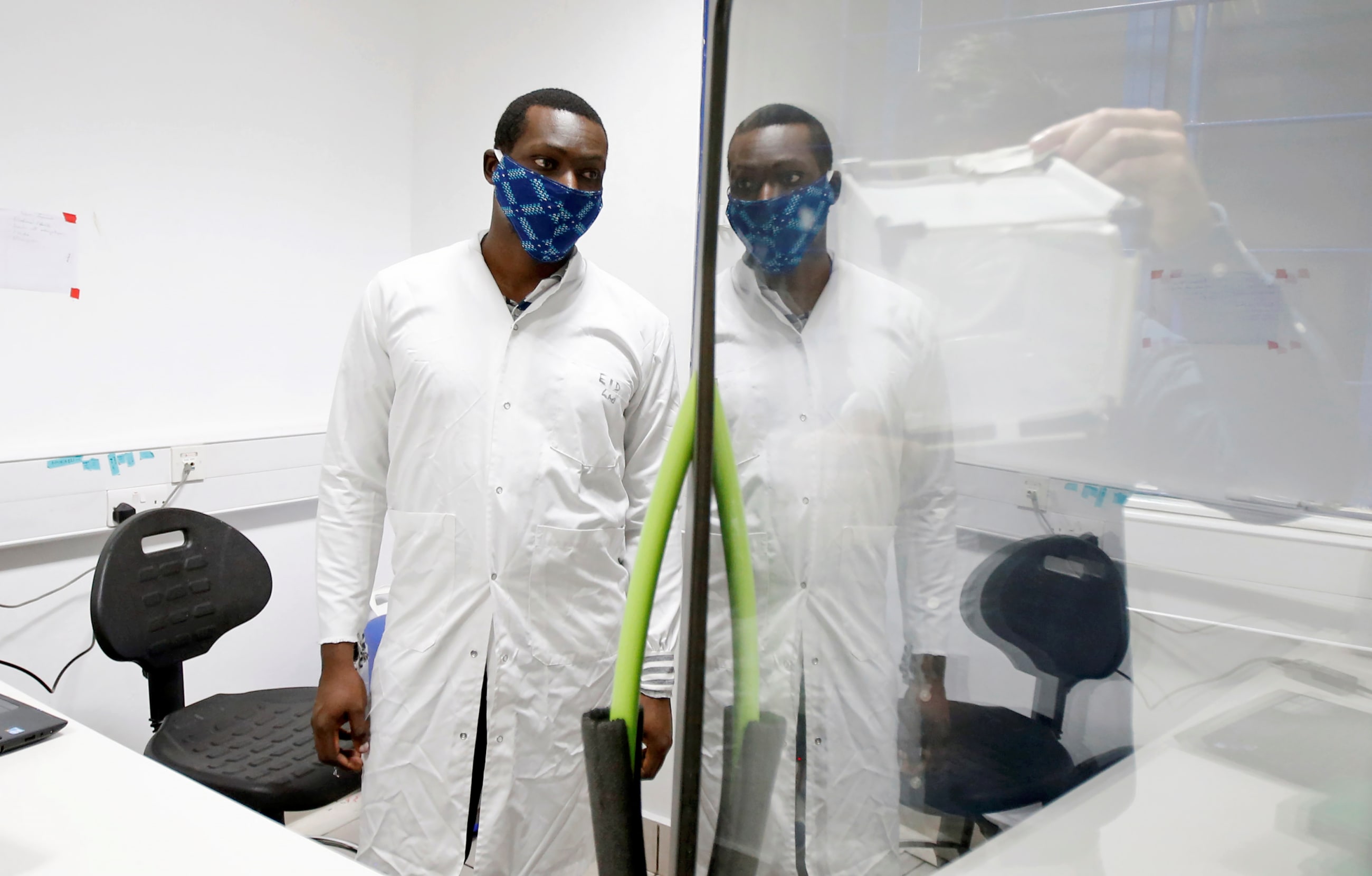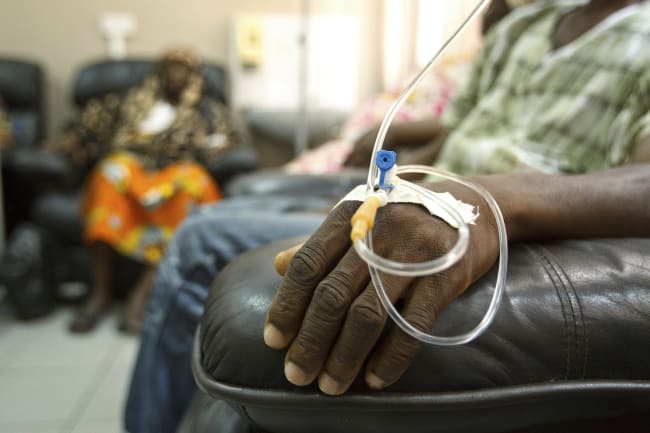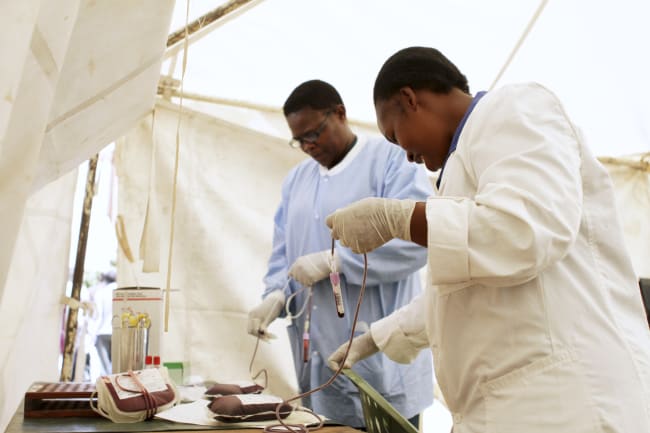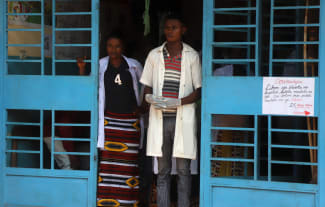Recent cuts to global health funding by the United States and other donors have two clear lessons—one for low- or middle-income countries (LMICs) and another for the rich.
First, it is a wake-up call to LMICs, especially in Africa, to rethink investments in their people's health. Relying on external funding for health is precarious. For years, African nations have discussed increasing their health budgets and ensuring they get greater value from their health investments. However, that discussion has been more talk and less action. Now these nations will have to act fast to avoid losing millions of lives.
Second, the donor's sudden and drastic cuts in global health investments will affect everyone, including rich nations. If COVID-19 taught the world anything, it's that the health of a mother in Malawi, a nurse in Zimbabwe, or a child in Nigeria is not a local issue; it's a global one.
Diseases anywhere in the world can quickly become a threat everywhere. Put simply, global health security is only as strong as the weakest health system. As the world continues to recover from the COVID-19 pandemic, one thing is clear: Health systems in Africa are a frontline defense for the entire world.
Global health security is only as strong as the weakest health system
Across Africa, the foundations built against infectious diseases are now under severe stress. Africa must lead from the front, ensuring that the human development of its people is firmly in its own hands. When finances tighten, health budgets are often the first to be cut. Yet finance ministers recognize this as not just shortsighted but also dangerous, as COVID-19 demonstrated. But the solution isn't simply throwing more money at the problem. It's spending smarter.
So how does Africa move forward and rapidly enhance investments in health amid multiple crises including unprecedented public debt levels? By 2025, sub-Saharan Africa is expected to spend more than 20% of government revenues on interest payments. Merely protecting government spending on health care will not be enough to maintain the significant gains made against diseases over the last two decades or to achieve health goals.
African countries should enhance value for money and efficiency in health spending, even in times of constrained resources. This can be achieved by allocating resources to areas that have delivered the greatest impact. Wherever possible, approved locally produced health products should be prioritized because they are often more cost-effective than imported alternatives. Africa can also leverage the latest innovations to track spending and improve efficiency.
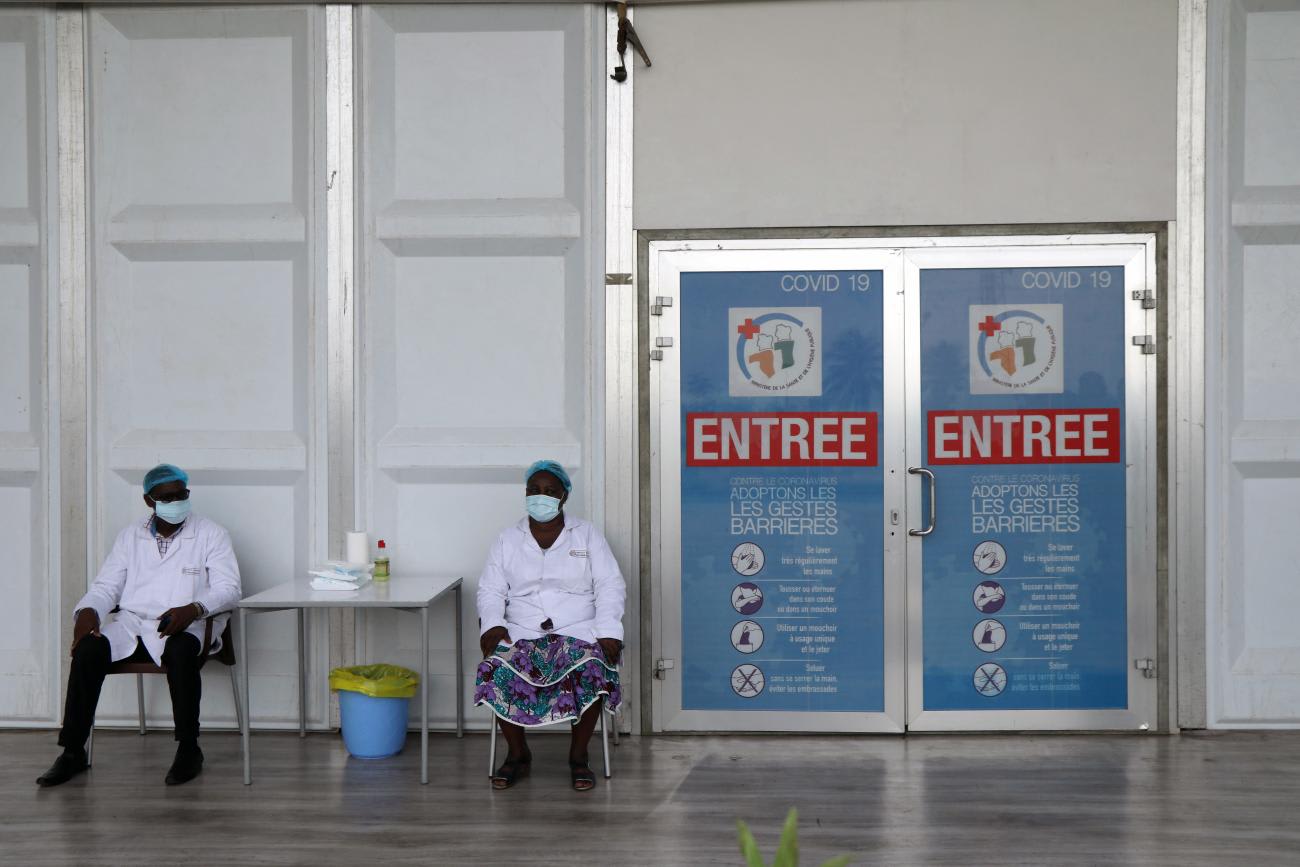
We cannot afford to accept defeat. I call on my fellow ministers of finance to collaborate closely with ministers of health to foster better investment practices and drive efficiency gains within existing health budgets. Strengthening public financial management systems, improving budget execution, and implementing rigorous prioritization, medium-term budgeting, and spending reviews are tangible ways for the finance and health sectors to work hand in hand and achieve cost-effective health outcomes, often referred to as more health for the money.
To achieve better spending on health, political action, and accountability at the continental level is also paramount. The Africa Leadership Meeting Declaration, initiated in 2019 by the African Union, underscores the importance of mobilizing African leaders to prioritize domestic financing and increase investments in their health systems. Through collective efforts, leaders can establish sustainable and resilient health systems that benefit all Africans.
To invest more in health, Africa needs to find a way to boost its revenue collections. Its tax to GDP ratio remains low, for example, at 16% in 2022 on average, relative to the Organization for Economic Cooperation and Development average of 34%. Zimbabwe continues to prioritize investments in primary health care, the most cost-effective part of the health system. In 2023, it launched a comprehensive health sector investment plan to build new health facilities, train health-care workers, and improve the availability of essential medicines and supplies. One of the specific goals of the plan is to build 30 health centers and six district hospitals.
In 1999, at the height of the HIV pandemic, Zimbabwe introduced an AIDS levy—a 3% income tax for individuals, companies, and trusts. The levy has grown significantly since 2009 and is a substantial contribution to the fight against HIV. A significant portion of the levy is allocated to HIV treatment. Zimbabwe has 1.3 million people living with HIV, at least 1.2 million of whom receive treatment. The levy is expected to raise $75 million in 2025. In 2022, Zimbabwe introduced "sin taxes" on cigarettes and energy drinks targeted at funding relief from cancer, diabetes, and other noncommunicable diseases. These investments are critical to ensuring that the country's health system can meet the needs of Zimbabweans, especially the most vulnerable.
African governments can't do it alone. Multilateral organizations such as the Global Fund to Fight AIDS, Tuberculosis and Malaria have long been crucial toward bolstering health systems across the continent. Their continued support is essential—not just as donors, but also as partners in innovation and accountability.
Accelerating those investments can be achieved by broader efforts to achieve the immense benefits from investing in people's health. By working together, embracing innovation, and prioritizing sustainable financing, health and finance ministers can overcome the obstacles.
Let us not merely mourn the funding cuts by major donors. Let us instead seize this opportunity and reengineer the finance for the fight against diseases across the continent. It is the surest way to end the diseases that have killed millions of African people and thus safeguard the future.
